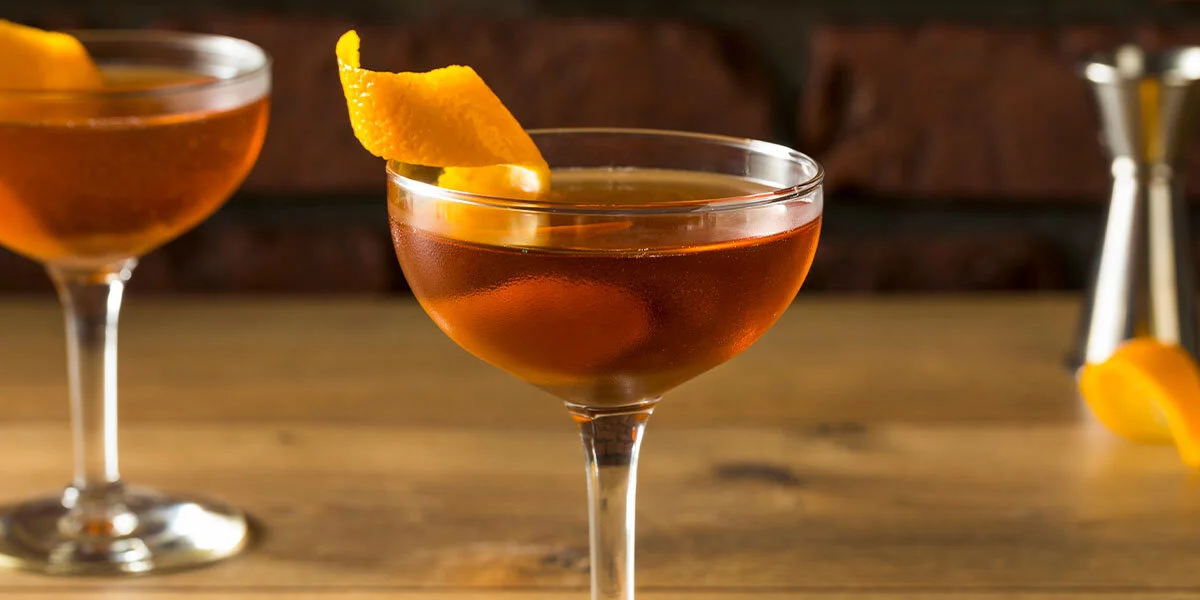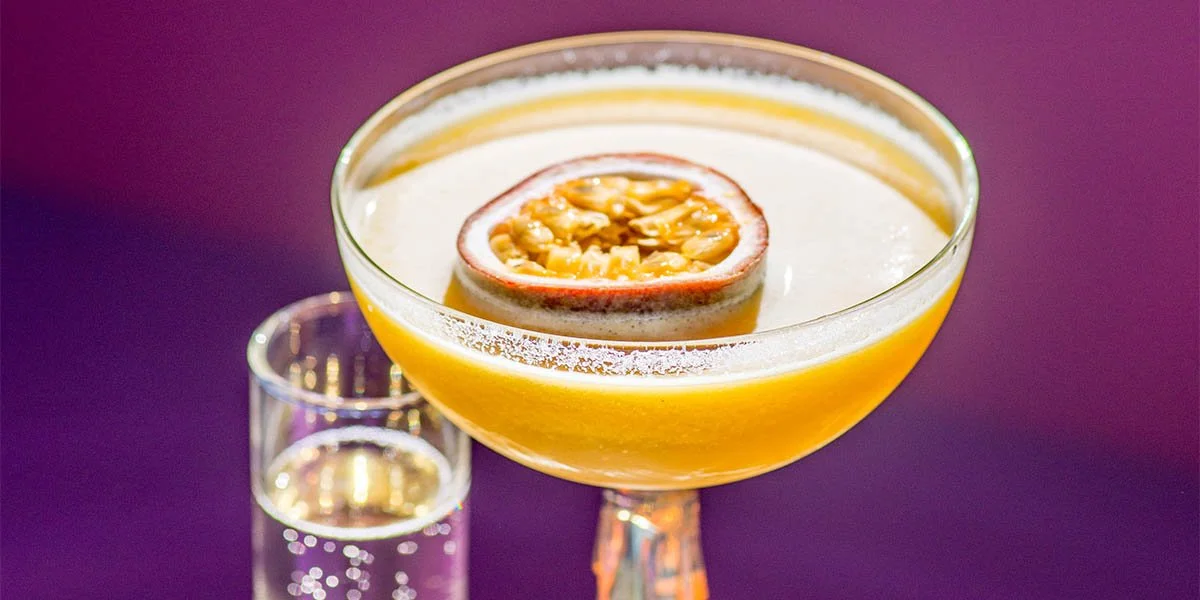Each month, we shine a spotlight on an essential cocktail ingredient here at Craft Gin Club HQ - yes, we are that obsessed with gin cocktails! In honour of World Martini Day (which takes place on June 19th in 2021), we’re taking a closer look at vermouth this month. Vermouth is one of the key ingredients in a Martini, after all.
In this feature, we’ll be finding out what the difference is between red and white vermouth, learning how to make three Martini-based classic cocktails and uncovering everything else you need to know about this delicious tipple.
What is vermouth?
Vermouth is an aromatic wine that has been fortified with a neutral spirit and then blended with herbs, spices and aromatics. While traditionally made in France and Italy, its name comes from the German word for wormwood. Besides wormwood, the list of ingredients in vermouth will typically be similar to the botanicals you’d find in a classic gin: juniper, citrus peel, cloves, coriander, ginger and so on.
Vermouth is thought to have been invented by medieval monks who used it as a medicinal elixir. Then, in 19th-century Europe, it became fashionable to drink it neat over ice, or with a splash of soda. As cocktail culture emerged, it became a mainstay of mixology and can be found in many of our favourite gin tipples.
What is the difference between red and white vermouth?
Red Vermouth
Also known as sweet or rosso vermouth, this style of vermouth is associated with Italy, and was incredibly popular in the Royal Court of Turin in the 1700s. In terms of taste, it’s richer, sweeter and more intensely flavourful than its dryer counterparts. Also, it’s not necessarily made from red grapes – its colour comes from caramelised sugar.
Which gin cocktails use red vermouth?
The classic Negroni, a Hanky Panky and a Martinez are three fantastic gin and red vermouth cocktails…
Which brands should I try?
A distillery just outside of Turin crafts Hotel Starlino Rosso Vermouth, which is made from a base of Italian fortified wine and botanicals including wormwood, orange peel, rhubarb and spices. It’s rested in ex-bourbon barrels, which impart oaky, vanilla notes. Ever asked yourself which vermouth is best for a Negroni? This would be a great choice!
Another great vermouth for a Negroni is Punt E Mes. The name means “point and a half” and it is rumoured to have found that name because its delightfully herbaceous flavour profile is said to have half a point of bitterness and a full point of sweetness. That balance of bitter and sweet makes it a fantastic partner to gin and Campari in a Negroni.
Bordiga Vermouth Rosso is a good choice if you want a lighter liquid. Made from Nebbiolo grapes and a secret blend of alpine botanicals, Craft Gin Club’s Master Mixologist Maria recommends using this in a Martinez.
White Vermouth
White vermouth is traditionally produced in France and is less spiced and sweet than its red counterpart. It has less sugar, and in terms of flavour tends to be briny, floral and fresh.
“White or Bianco Vermouth is not coloured with caramel, and it uses different grapes to give it a fruitier and more floral flavour - making it perfect for summer. It has a little less sugar content than red vermouth, but it still a sweeter style.”
Which gin cocktails use white vermouth?
The Tuxedo No.2, White Negroni and 50/50 Martini are are all stunning white vermouth cocktails!
Which brands are best?
Bordiga Vermouth Bianco is a delicious white vermouth that’s particularly good in a White Negroni. Its clean herb, spice and sweeter tones are phenomenal with the rich juniper of the gin.
For a classic, clean flavour profile, try Londinio Dry Vermouth made with wormwood, gentian root, juniper, lemon verbena and liquorice root. This is actually part of a subcategory of white vermouths that are much dryer and are referred to as ‘dry vermouths’. If you prefer your Martinis dry then this is the vermouth for you!
“With very little sugar content, this style of vermouth is originally from France but is now made everywhere. As its name suggests, it’s dry and has delicate botanical notes that run the gamut from spicy to floral and fruity.”
Are there any other types of vermouth?
Under the umbrella of vermouth, there are several subcategories, covering everything from dryness to regional variations and styles. If you’re looking for something a little less orthodox, sample Lustau Vermut Rosé Vermouth. Fruity and spiced, with a silky-smooth mouthfeel, this Spanish vermouth combines three wines: fino sherry, muscatel and Tintilla de Rota.
Now that you know all about vermouth, it’s time to master the quintessential gin and vermouth cocktail: the classic Martini!

























 plus all of your
plus all of your
 See Bronze Benefits
See Bronze Benefits
 plus all of your
plus all of your
 See silver Benefits
See silver Benefits
 plus all of your
plus all of your
 See gold Benefits
See gold Benefits
A delicious classic cocktail made with Luxardo Maraschino liqueur that will seriously upgrade tipple time. Sip away!